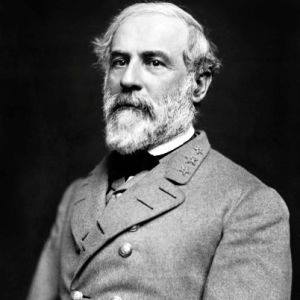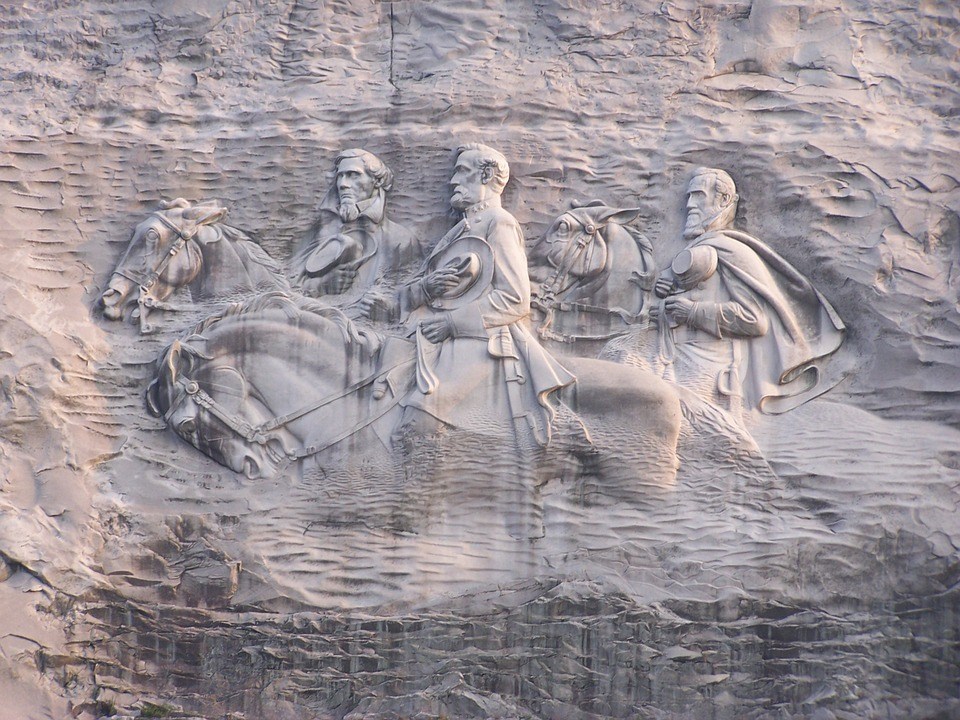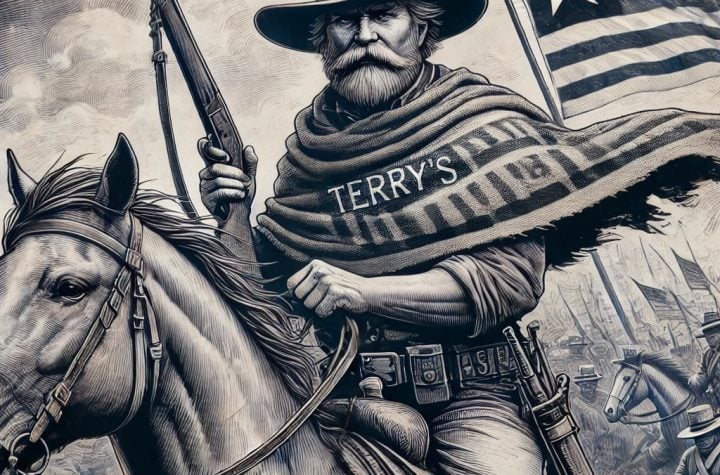
“Everyone should do all in his power to collect and disseminate the truth, in the hope that it may find a place in history and descend to posterity. History is not the relation of campaigns and battles and generals or other individuals, but that which shows the principles for which the South contended and which justified her struggle for those principles. ”







Cotton was the reason for the war.
LOL. So “cotton” was the “principle” for which the South fought? Guess it could have been worse. You could have said slavery. Still the reason(s) for the war and what the South fought for are two different things and that’s R E Lee’s point.
Hopefully no one thinks cotton was what the fight was about. In truth, there were folks behind the scenes agitating for the conflict because they had things to gain from both the fight and the hoped-for break up of a nation that was a great influence around the world for liberties and freedom, virtues those folks were very much against. Regarding Lee, he wrote that he did “…not believe in secession as a constitutional right, nor that there is sufficient cause for revolution…” but he did choose to stand with his state of Virginia. We cannot make some blanket statement as to why “the South” did what it did. We can, though, isolate why individuals did what they did. I wrote an article about the flag Alabama was flying at Secession, and one key source of my research was a document written by an Alabama delegate at the Secession Convention. He voted against seceding from the Union, but once it was a fact, he supported his state and its choice to join the Confederacy. 40% of the delegates, as I recall, were against secession, a ratio that was pretty common in the Southern states, some of them rather closer to 50-50. Lots of people in the South preferred to stay in the Union and work out differences in a less dramatic fashion.
The South fought to protect their state rights and slavery.
States rights(Nullification Crisis of 1832) and slavery.